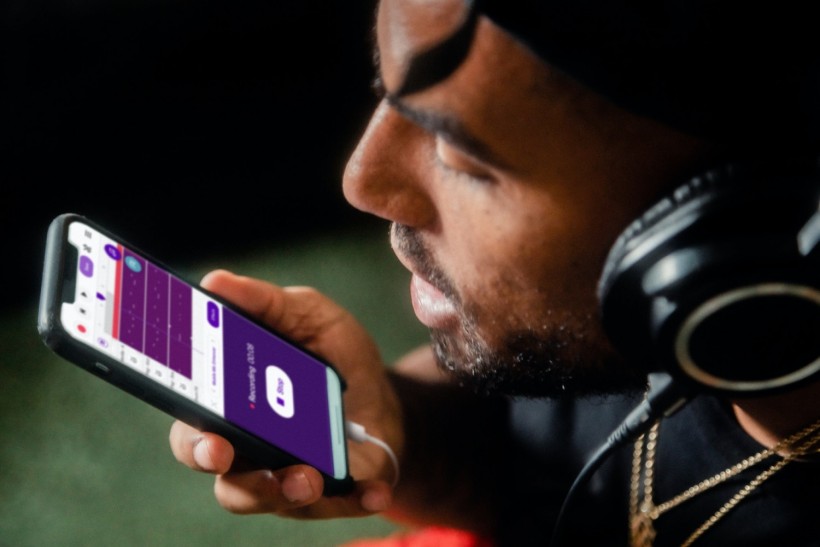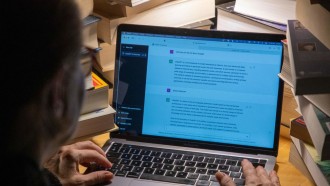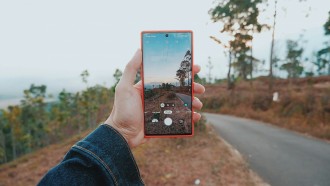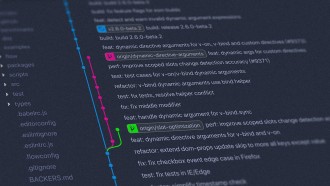The artificial intelligence startup behind Genny AI generator Lovo is reportedly being sued by voice actors who claim the company used their voices without permission.
According to Variety, voice actors Paul Skye Lehrman and Linnea Sage of New York claimed they were tricked into sending in voice samples via a freelance website.
They were informed that the recordings would be utilized internally or for scholarly purposes, and they received $1200 and $400 for reading the scripts.
According to the lawsuit, they learned years later that their voices had been cloned and were being used publicly without their consent or further payment. They want to ban Lovo from utilizing the voices of the actors without their permission or money and represent every actor whose voice was stolen.

They reportedly filed a proposed class action lawsuit against Berkeley-based AI startup LOVO on Thursday in a federal court in New York, alleging the corporation misappropriated their voices and the sounds of A-list celebrities, including Ariana Grande, Conan O'Brien, and Scarlett Johansson.
There is a growing split between creators and firms accused of indiscriminately stealing vast amounts of data to power their technology, and this case is said to be the first against an AI firm over the usage of likenesses to train an AI system.
The complaint aims to defend other voice actors who feel that LOVO, which did not respond to a request for comment, stole their voices. Additionally, it seeks a court order to prevent the business from undercutting them in the future.
Read Also: AI Restores Woman's Voice, Overcoming Speech Impairment with Technology
SAG-AFTRA on Voice Rights
The actors have joined an increasing number of rights holders, such as writers, artists, and newspapers, who have filed legal claims against what they claim is the unpermitted, unpaid use of their creations and likenesses to support a multibillion-dollar industry.
According to SAG-AFTRA general counsel Jeffrey Bennett, as more people realize that voices have rights, they will witness more of the kind of wrongdoing described in the lawsuit. According to the union, it is against members' rights to train AI systems using their likenesses without their consent.
Voice Rights Deals
Voice rights continue to be pushed by SAG-AFTRA. Most notably, voice actor members within the organization recently got to officially license their voices in AI voice acting for video games due to a deal with Replica Studios last January.
The release states that professional voice artists can securely explore new career prospects for digital voice copies because the new agreement offers industry-leading safeguards built explicitly for AI technology. Elite SAG-AFTRA actors are now available for ethical agreements purchased by AAA game developers and other Replica-partnering enterprises.
It has been stated that Replica will be able to work with SAG-AFTRA members to create and license secure digital renditions of their voices. Licensed voices are now thought to be accessible for interactive media projects, such as video games, from pre-production to delivery.
The agreement contains minimum charges, secure storage and transparency criteria, and time limits on utilizing a performance copy without additional payment or authorization.
SAG-AFTRA's agreement with Replica covers only a portion of the gaming industry; however, following the guild's recent strike, the union is said to have held separate discussions with other major game producers.
Related Article: OpenAI Unveils Her-Inspired Voice Assistant for ChatGPT with Real-Time Translation, Expression Recognition

(Photo: Tech Times)





